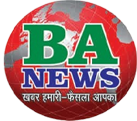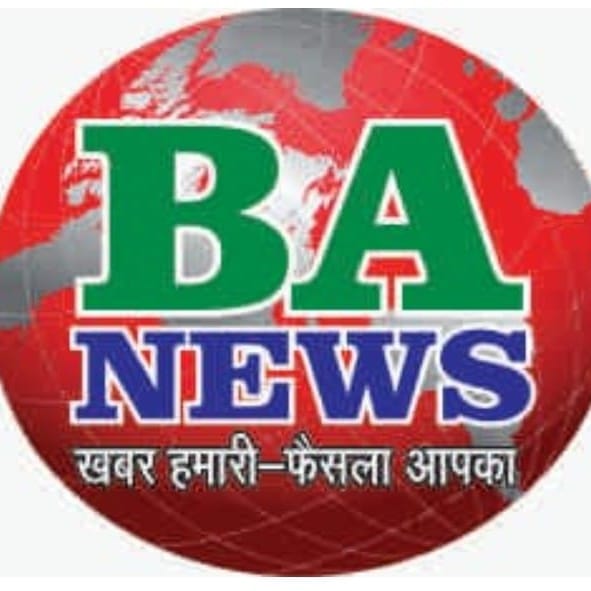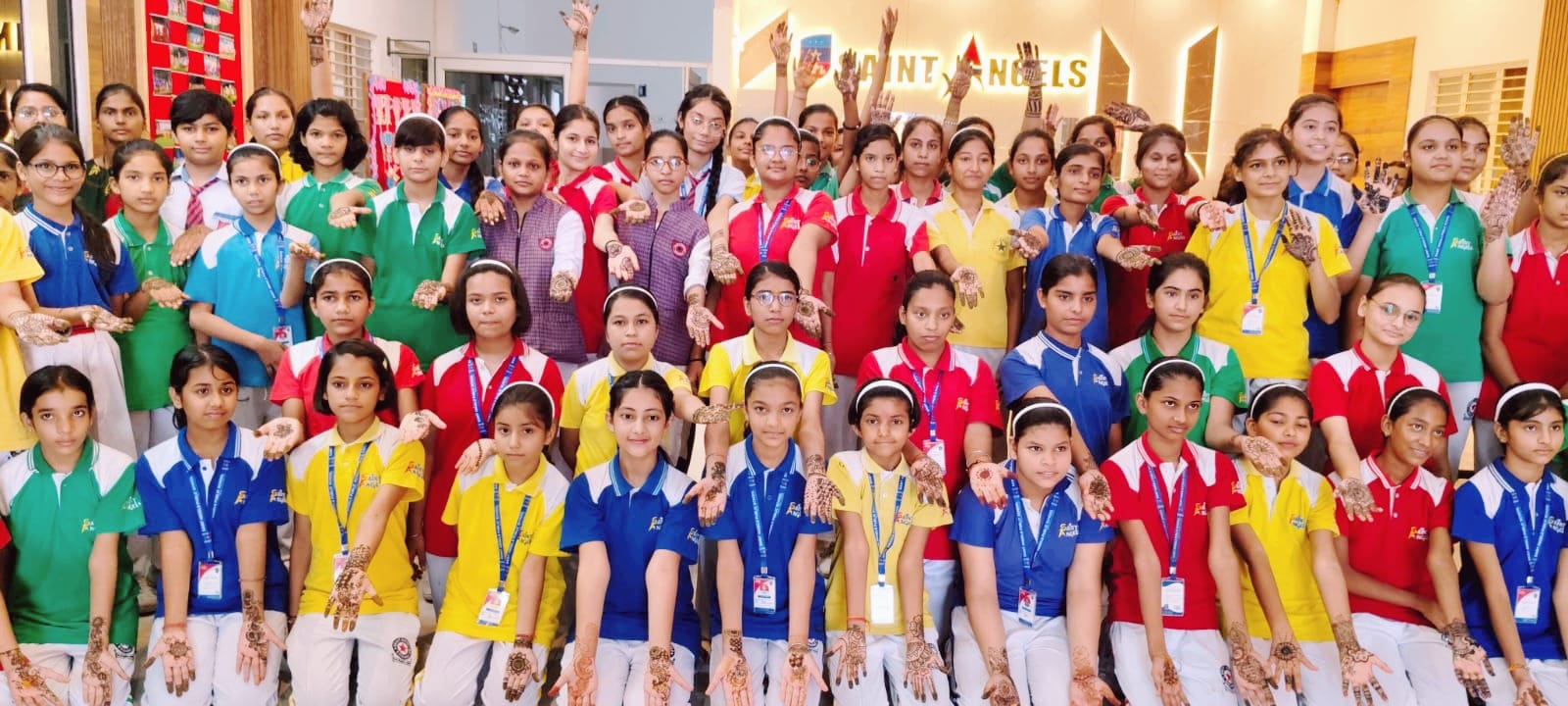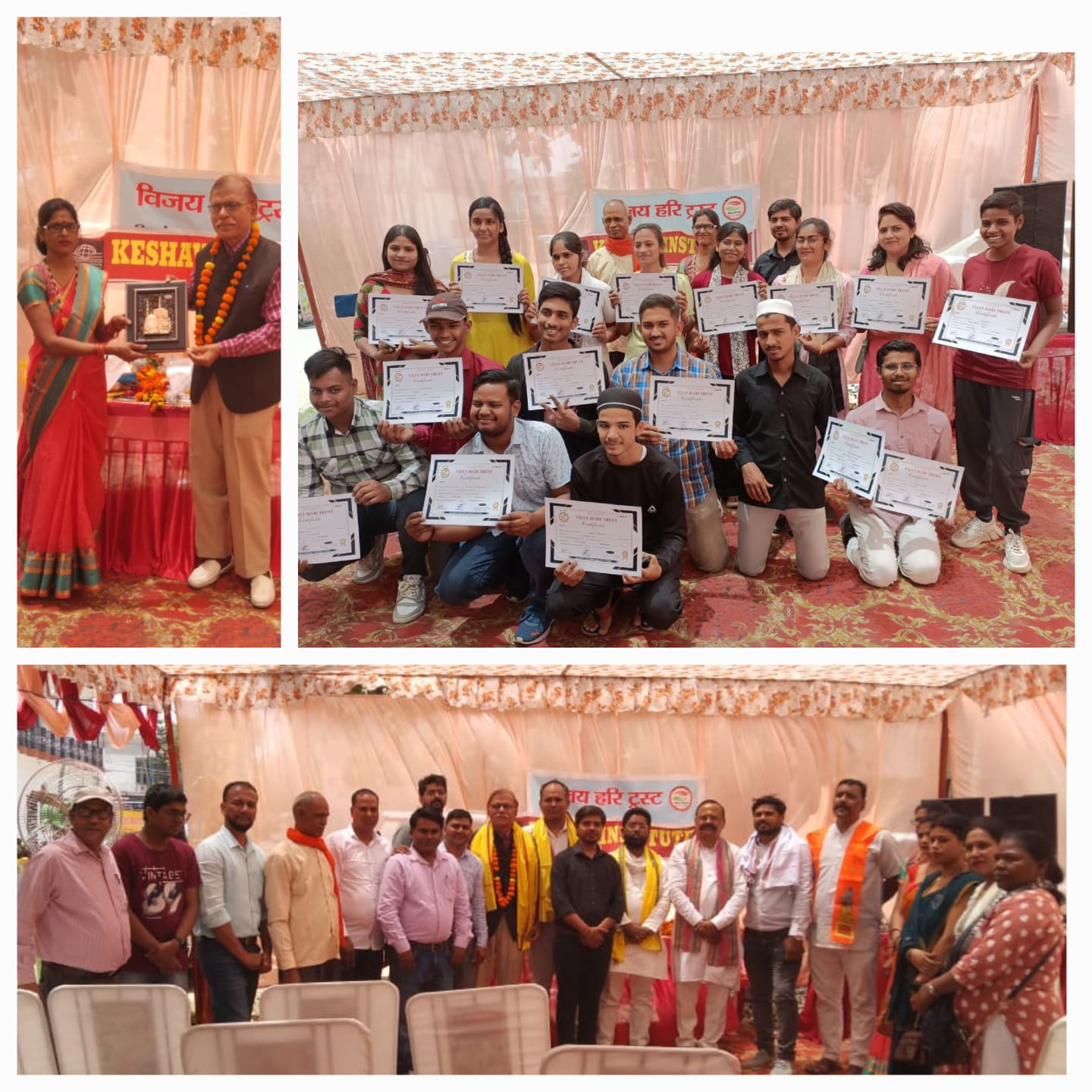The Government has taken a number of initiatives/ measures since 2019 to boost exports, production and employment generation in textiles sector. Some of the major initiatives include:
Government has approved setting up of Seven Pradhan Mantri Mega Integrated Textile Region and Apparel (PM MITRA) Parks in Greenfield/Brownfield sites with an outlay of Rs. 4,445 crore for a period of seven years upto 2027-28. PM MITRA Parks are being set up in Tamil Nadu, Telangana, Gujarat, Karnataka, Madhya Pradesh, Uttar Pradesh & Maharashtra.
Government is implementing the Production Linked Incentive (PLI) Scheme for Textiles, withan approved outlay of Rs. 10,683 crore, to promote production of MMF Apparel, MMF Fabrics and Products of Technical Textiles in the country to enable Textile sector to achieve size and scale and to become competitive. 73 companies have been selected under PLI scheme.
The scheme of Rebate of State and Central Taxes and Levies (RoSCTL) is under implementationfor Exports of Apparel / Garments and made-ups in order to make the textile sector competitivein international market.
Government has allocated an outlay of Rs.1,480 Crore for advance research and innovation in Technical Textiles sector. 137 research and development projects have been sanctioned so far,out of which 49 have been sanctioned in the year 2023-24.
Under Samarth Scheme so far 3.27 lakh beneficiaries have been imparted skill development, out of which 1.33 lakhs beneficiaries received skill training in 2023-24.
Silk Samagra-2 is being implemented since 19.01.2022 for holistic development of the sericulture industry. The Silk Samagra-2 scheme consists of various components and sub-components under Mulberry, Vanya and Post-cocoon Sectors. The programme synergises the efforts of State Governments and other implementing agencies to improve the quality, productivity and production of raw silk, besides generating employment opportunities, particularly in the rural areas.
Under National Handloom Development Programme, financial assistance is provided to eligible handloom agencies/weavers for raw materials, procurement of upgraded looms & accessories, solar lighting units, construction of workshed, skilling, product & design development, technical and common infrastructure, marketing of handloom products in domestic/overseas markets, concessional loans under weavers’ MUDRA scheme, scholarships and social security etc.
Under Raw Material Supply Scheme (RMSS), quality yarn & their blends are provided to the eligible Handloom weavers at subsidized rates. Total 340 lakh kg of yarn has been supplied during financial year 2023-2024 under the Scheme.
Under National Handicraft Development Programme and Comprehensive Handicrafts Cluster Development Scheme, support to artisans is provided through marketing support, skill development by means of Design programme, training programs, cluster development, direct benefit to artisans, infrastructure and technology support and assistance through Ambedkar HastshilpVikasYojana.
This information was given by the Union Minister of State for Textiles, Shri Pabitra Margherita in a written reply today in the Rajya Sabha.




